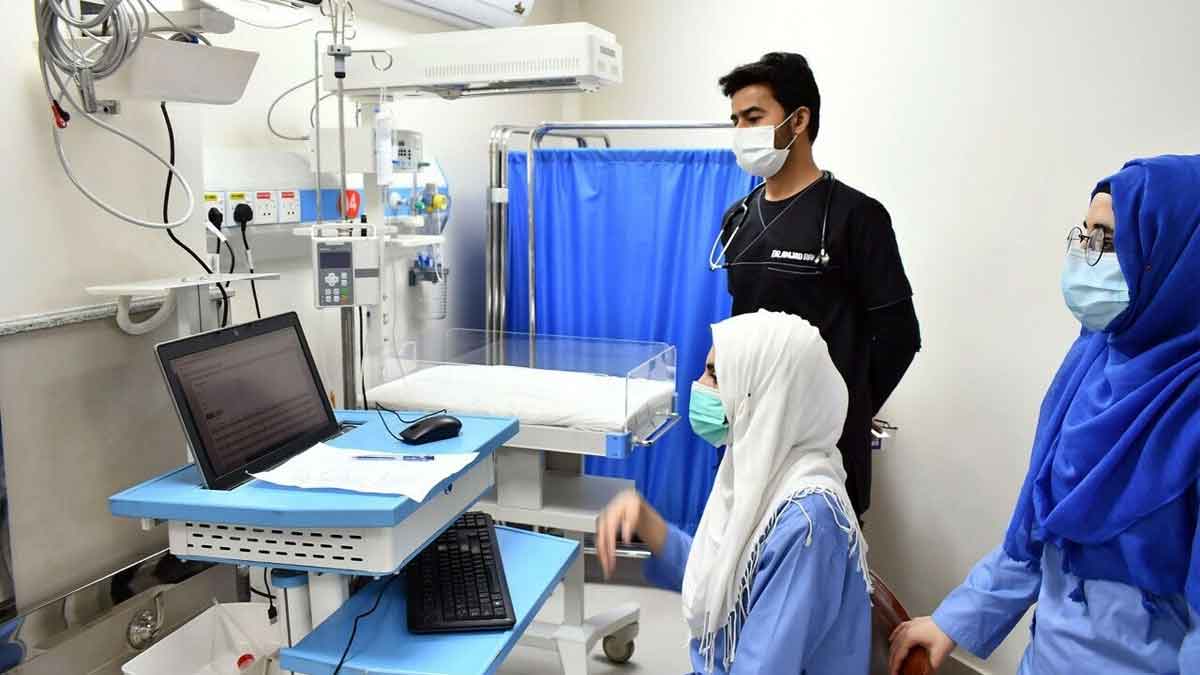At least $258 million has been approved by the World Bank in order to strengthen health care systems and accelerate national efforts towards universal health coverage in Pakistan.
According to the press release issued by the international financial institution on Wednesday, World Bank has approved $258 million to support healthcare in Pakistan. The National Health Support Programme “complements ongoing investments in human capital and builds on health reforms that aim to improve quality and equitable access to healthcare services, especially in communities lagging behind national and regional-level health outcomes”.
World Bank Country Director for Pakistan, Najy Benhassine explained that “by strengthening provincial health systems, this programme is foundational to building the country’s human capital and improving health and nutrition outcomes for its citizens”.
Read more: World Bank approves $195 million loan to improve Pakistan’s electricity distribution
“Pakistan continues to make strides in health reforms toward ensuring access to primary healthcare services, especially for children and women during pregnancy and childbirth,” he said.
The programme identified three areas of focus for healthcare reforms under the initiative: One; healthcare coverage and quality of essential services, Second; governance and accountability and Third; healthcare financing.
The press release further reads, “The programme will benefit all communities through improvements to provincial primary healthcare systems, particularly [those] in approximately 20 districts that suffer from having the least access to health and nutrition services.”
The NHSP is co-financed by the International Development Association ($258 million) and two grants ($82 million) from the Global Financing Facility (GEF) for Women, Children and Adolescents (GFF), including a $40 million grant for protecting essential health services amid multiple global crises.
“The partnership between the GFF and the government of Pakistan focuses on building sustainable health systems while ensuring that all women, children and adolescents, especially in the most vulnerable communities can access the services they need amid multiple crises,” the statement quoted Monique Vledder, head of the secretariat at GFF as saying.
“By investing in primary health care, strengthening the health workforce and equipping community health centres to both respond to emergencies and deliver quality services, Pakistan can drive a more equitable and resilient recovery,” she added.





















